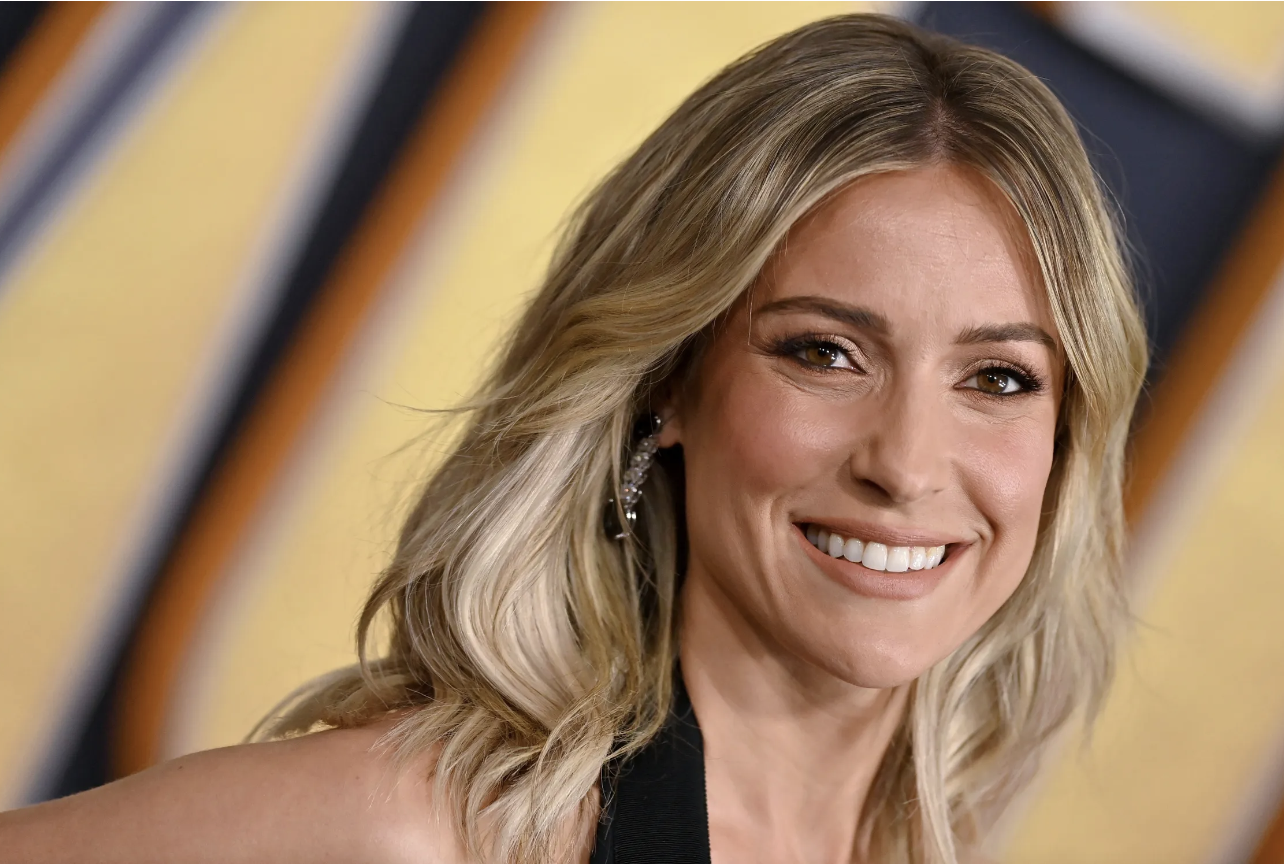She's not sure if we “need it." Doctors are.
Kristin Cavallari has come under fire—or shall we say UV rays—for sharing her “controversial” take on the importance of wearing sunscreen on her podcast.
In a January episode of Let’s Be Honest, a segment of which went viral this week, the Laguna Beach alum admitted she doesn't wear SPF and asked her guest to explain why it might not be necessary.
Her guest—functional and Eastern medicine practitioner Ryan Monahan—has a doctorate in acupuncture and oriental medicine, is a licensed acupuncturist, and an Institute for Functional Medicine certified practitioner. These certifications, however, do not require training in medicine, dermatology, skin care, or aesthetics.
Still, Cavallari sought his guidance regarding SPF: “I want to discuss the sun and sunscreen, which I know is controversial,” she said in the clip. “I don’t wear sunscreen. And anytime I do an interview I get a lot of shit when I admit that I don’t. Talk to me about the health benefits of the sun, and maybe why we don't need sunscreen?”
Monahan's take? SPF is a “very controversial topic, which is so funny, because it’s the sun.” He also said the sun is “life-giving” and “nourishing,” and that people now live “quite an inflammatory lifestyle.” This is relevant, because according to Monahan, if you are “internally inflamed” and lacking antioxidants, the sun can “aggravate that” further. His theory? If you combat your internal inflammation, you can essentially train your skin to better tolerate the sun.
However, dermatologists say nothing of the sort. The official guidance from The American Academy of Dermatology (AAD) is to use broad-spectrum protection SPF of at least 30 that protects against UVA and UVB rays, though dermatologists with whom Glamour spoke recommended more.
"The current recommendations and guidelines are to wear a minimum of SPF 30, yet I encourage the use of SPF 50+ to account for the fact that the average person does not use the recommended amount to attain the sunscreen label rating,” Ryan Turner, MD, a board-certified New York City dermatologist and co-founder of TRNR Skin, told Glamour. “That little difference in protection adds up after long hours on the beach, day after day, year after year.”
Such is especially important if you're spending extended periods of time outdoors. “Remember to protect your skin from the sun,” Brendan Camp, MD, a board-certified dermatologist at New York City’s MDCS Dermatology, reiterated. “Use an SPF 30 minimum, sunglasses, a hat, and don’t forget to apply sunscreen on your ears, neck, and lips.”
All of this guidance is universal, because no one individual is immune to skin cancer: Not only is skin cancer the most common cancer in the U.S., but one in five Americans are estimated to develop it in their lifetime. That's about 9,500 people in the U.S. alone who are diagnosed with skin cancer every single day, per the AAD.
Regularly wearing sunscreen has been shown to reduce the risk of melanoma by 35 to 40% in people aged 18–40, according to a 2018 study published in the Journal of Clinical Oncology. It's also been found to lower one's risk of squamous cell carinoma by about 40%, and reduce the risk of melanoma by half, according to the Skin Cancer Foundation.
In case that's still not enough to convince you, it's also worth noting that a 2013 study published in Annals of Internal Medicine found that those who regularly wear adequate SPF demonstrated 24% less skin aging—think wrinkles, fine lines, and age spots—than those who did not.
More of a visual learner? Both Martha Stewart's facialist and Jennifer Lopez credit the power of SPF for helping the Leos maintain their youthful glows. In fact, when asked about antiaging skin care advice, Stewart's facialist, Carmela Barabas, pointed specifically to wearing SPF. “First and foremost, protect your skin from sun exposure by using a daily sunscreen to avoid premature signs of aging, such as fine lines, wrinkles, and discoloration,” she said.
Lopez has said the same. “I’ve been wearing sunscreen every day since I was in my very early 20s,” she explained. "You should start at a very young age."




